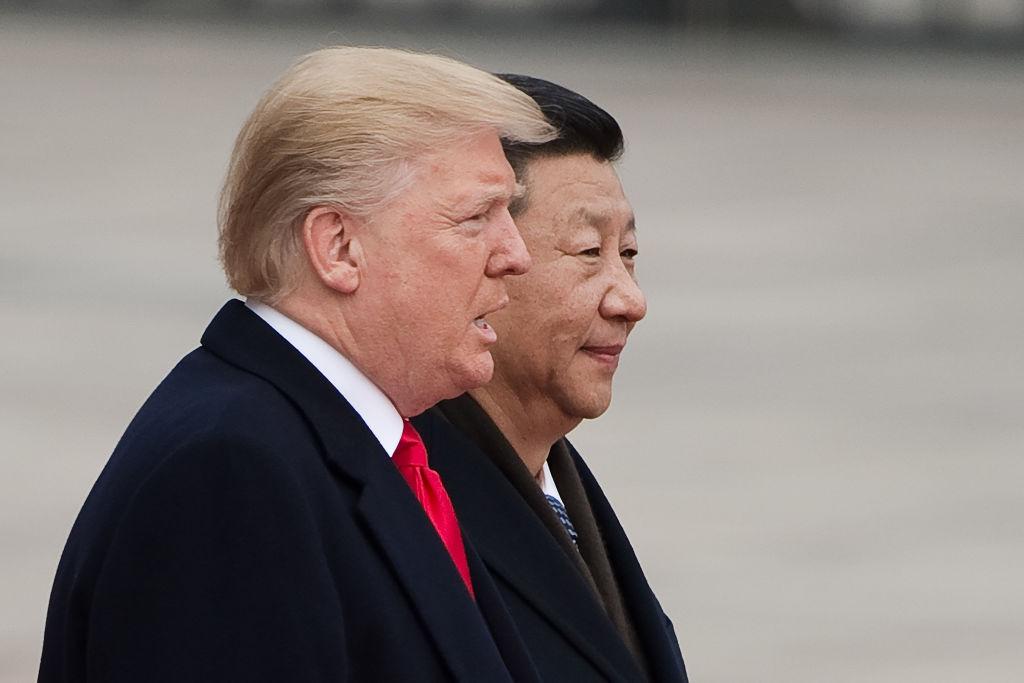With communism abandoned in Europe and most parts of the world, only a handful of communist regimes are left.
Just like how former U.S. president Ronald Reagan was instrumental in bringing about the demise of communism in the Eastern Bloc and the collapse of the Soviet Union, President Donald Trump is also helping end communism in the world, dealing with each communist state in a different way, says Frank Xie, an associate professor in the School of Business Administration at the University of South Carolina.





